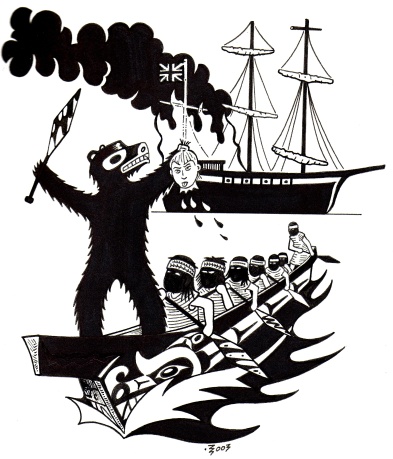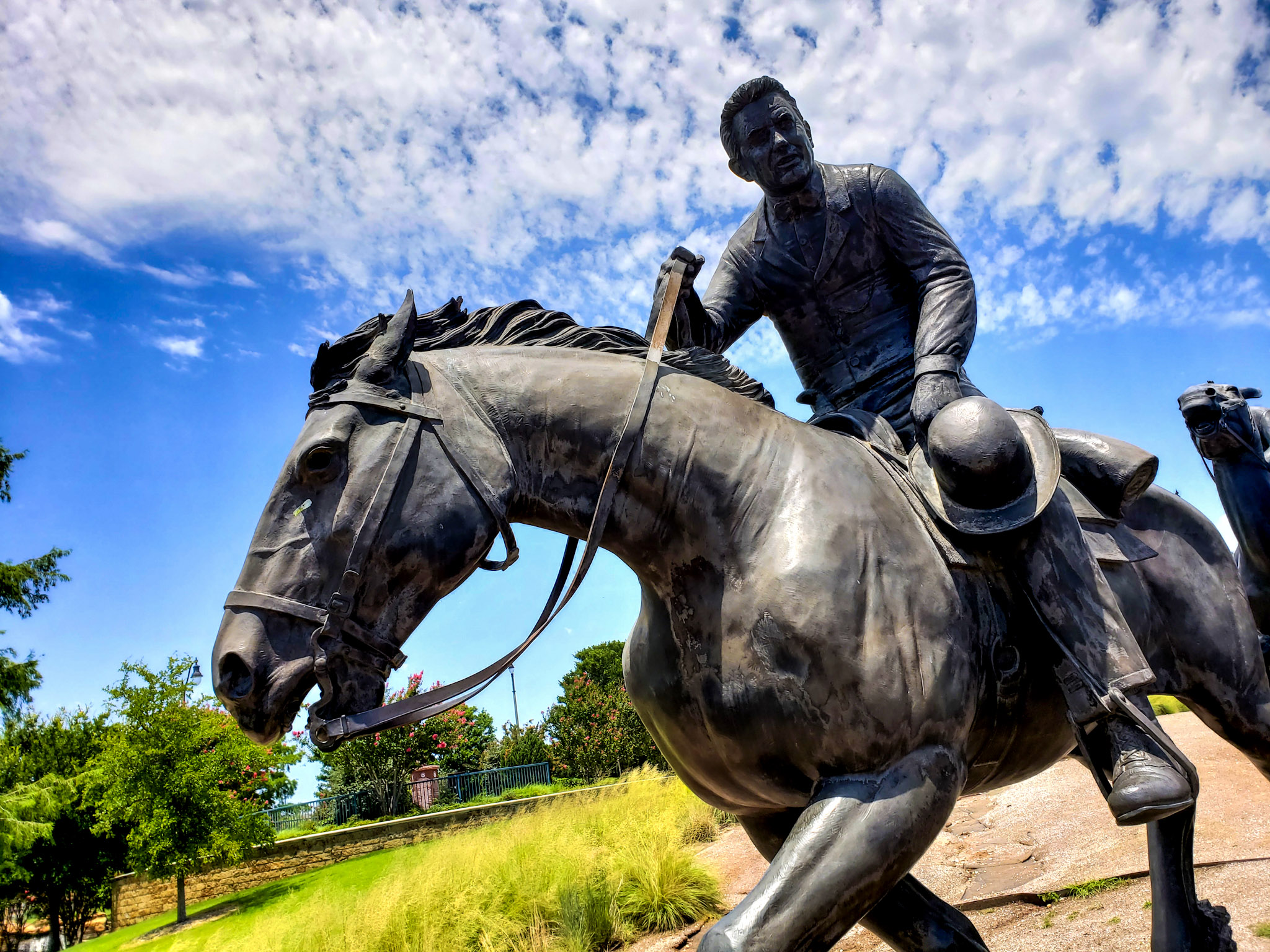Woman helps adoptees
 |
| The Canadian Press. All rights reserved.
Lori Campbell and her mother Brenda Campbell are shown in a handout photo.
|
"This is how I know who I am," she says. "This is how I know how much I weighed when I was born, what my smile was like."
Campbell has spent the last 23 years searching for her family.
The Regina-born Metis woman was put into foster care at 14-months-old and later adopted by a white family.
During her harrowing search for her biological mother, she learned that she had seven younger siblings. Five brothers and one sister were all placed in foster care or put up for adoption. Another sibling died at birth in 1995.
Campbell, 42, met her mother in 2001 and completed her search for her siblings in October when she tracked down her last brother, Dwayne Lyons, in Ontario.
Social media helped connect the two, when Campbell posted a photo on Facebook detailing her missing brother's name and date of birth.
But the public search has had some unexpected consequences.
Since posting that photo in January, Campbell says she has communicated with about 75 people who are looking for their birth families. With nowhere else to go, strangers have inundated Campbell with messages asking for help. She says she has a backlog of more than 100 people waiting for answers.
One man in Illinois knows he was born to a 15-year-old Metis woman in Regina. Another says he was 11-months-old when he was put into foster care. The list of people hoping to piece together their childhoods with minimal information seems endless, Campbell says.
"I have been constantly writing people back," she says.
Much of the correspondence is with aboriginal people who were born in Regina but placed in foster care or adopted.
Aboriginal children are disproportionately represented in the foster care system. The most recent numbers from Statistics Canada show that in 2011 almost half of all children under 15 in foster care were aboriginal.
"(There are) all these people who don't know who they are," Campbell says.
It's an all too familiar feeling for her.
"I remember always looking for someone who looked like me," she says. "There was always this sense that I was dropped in the middle of nowhere and my life began when I was two."
Campbell remembers sitting in the archives at a public school, flipping through old yearbooks. She would scan strangers' photos looking for her own features.
Campbell would learn that her mother became a prostitute at age 13 and her father was a john. She also learned that some of her siblings had physical and cognitive disabilities.
Campbell's mother has struggled with addictions and is coping with health issues including multiple sclerosis.
Brenda Campbell, 57, says she never thought she'd get to know her daughter.
"Everybody says she's a miniature me," she says, adding with a laugh, "well, a younger me."
Ron Duncan, a reverend in Brampton, Ont., was instrumental in Lori Campbell's search for Lyons.
Duncan says Lyons has had three different last names used for paperwork. He was also moved from Saskatchewan to Ontario, which made his records more complicated. It's an example of how difficult it is to navigate the system, Duncan says.
"I discovered his experience was not unique and unfortunately, far from it," he says.
Duncan believes connecting children with their aging parents is a matter of urgency. He adds that some children aren't aware of their aboriginal status, which was the situation with Lyons.
"He was unable to access any of the benefits that come from that, particularly related to education," says Duncan.
He adds that because foster care and adoption programs fall under provincial jurisdiction, it is often difficult to trace someone's family across the country.
Robert Twigg, a psychotherapist based in Winnipeg, has worked in child welfare around the country."I wonder ... if you could even go back to those, would they even be helpful," he says.
"People need to know where they came from, what their ethnic, cultural, biological roots are, any kind of health concerns they should know about," he says. "Whether it's a passive or active thing, the system is set up to block that kind of thing."
He adds that he's not surprised to hear about the difficulties people face when navigating a system he calls "entrenched."
He says during his career, he has seen records that are "pathetically lacking."
Campbell is slowly wading through the messages that multiply each day.
She says the latest one comes from a man who is searching for answers about his father and three siblings.
"Are you the lady that found your birth mom and siblings after being separated at a young age? If so, I need help," the message says.
The man explains his story and outlines the current information he has.
He asks Campbell the same question she faced in 1991, when she embarked on her search.
"Where do I start?" he says.
Kimberly O’Connor didn’t think much about
her biological roots when she was little. She had loving parents. Three
older brothers who adored her.
But as she grew older, O’Connor, now 39, began to wonder about the woman who gave birth to her at Mercy Hospital on an April day in 1975 and then, six months later, gave her up for adoption. O’Connor wondered about her own ethnicity, her family medical history.
So, in her early 20s, she pressed for her birth records, first contacting the adoption agency and then working through a lawyer to get the records she could. The documents gave her only a few clues: Her birth name. Notes that her mother was tall and thin, that her father was even taller. A hint that her maternal grandmother had once suffered from tuberculosis.
She wanted to know more, to understand what health risks might lay deep in her DNA, to connect with siblings she never knew.
In May, she took a leap, scrawling out her birth name – Brandy Lee Stevens – and date of birth on paper with black marker and posting a picture of herself with the sign to Facebook. “Here goes!!” she typed.
“I knew if I didn’t do it right then I would change my mind,” O’Connor said. “There are so many people on Facebook, that was really the only chance that I had.”
A week later, more than 10,000 people had shared it. Messages of support poured in from all over the world. Channel 2 contacted her. Then came a friend request that would unlock the clues to her family.
It came from a woman who turned out to be O’Connor’s cousin. Those conversations led O’Connor to discover she had a half sister and half brother. Sadly, she also discovered her birth mother had died 10 years before.
In August, O’Connor drove down to meet her siblings for the first time. She now talks to her sister every night.
Facebook, it turns out, was the key to solving a lifelong mystery that New York law had kept her from knowing.
Many birth records in New York are still shielded from adoptees, concealing the names of biological parents. That can lead to long and frustrating journeys for children like O’Connor who are left wondering about their roots.
Yet a handwritten sign and a post on Facebook ended her search in a matter of days. For O’Connor, it was less than two weeks before a family member reached out. Her picture has since been shared more than 24,000 times.
Not everyone is so lucky, and O’Connor’s journey has led her to believe adoptees should have access to basic information that can help them discover their medical histories.
It’s an issue still often fraught with emotion, and O’Connor understands that some parents may never want to be found. But she strongly believes that all children should have access to as much of their medical histories as possible.
“I find it so confusing that so many people have to live with not knowing what to watch out for,” O’Connor said.
New York lawmakers were close in the spring to changing the law, but a bill that would have allowed adult adoptees access to birth certificates failed to pass. Other states, including Connecticut and New Jersey, have recently loosened restrictions on birth certificates.
The puzzle for O’Connor is only half solved. She still hopes to find her birth father. For now, though, she feels blessed to find a family she thought she’d never meet.
But as she grew older, O’Connor, now 39, began to wonder about the woman who gave birth to her at Mercy Hospital on an April day in 1975 and then, six months later, gave her up for adoption. O’Connor wondered about her own ethnicity, her family medical history.
So, in her early 20s, she pressed for her birth records, first contacting the adoption agency and then working through a lawyer to get the records she could. The documents gave her only a few clues: Her birth name. Notes that her mother was tall and thin, that her father was even taller. A hint that her maternal grandmother had once suffered from tuberculosis.
She wanted to know more, to understand what health risks might lay deep in her DNA, to connect with siblings she never knew.
In May, she took a leap, scrawling out her birth name – Brandy Lee Stevens – and date of birth on paper with black marker and posting a picture of herself with the sign to Facebook. “Here goes!!” she typed.
“I knew if I didn’t do it right then I would change my mind,” O’Connor said. “There are so many people on Facebook, that was really the only chance that I had.”
A week later, more than 10,000 people had shared it. Messages of support poured in from all over the world. Channel 2 contacted her. Then came a friend request that would unlock the clues to her family.
It came from a woman who turned out to be O’Connor’s cousin. Those conversations led O’Connor to discover she had a half sister and half brother. Sadly, she also discovered her birth mother had died 10 years before.
In August, O’Connor drove down to meet her siblings for the first time. She now talks to her sister every night.
Facebook, it turns out, was the key to solving a lifelong mystery that New York law had kept her from knowing.
Many birth records in New York are still shielded from adoptees, concealing the names of biological parents. That can lead to long and frustrating journeys for children like O’Connor who are left wondering about their roots.
Yet a handwritten sign and a post on Facebook ended her search in a matter of days. For O’Connor, it was less than two weeks before a family member reached out. Her picture has since been shared more than 24,000 times.
Not everyone is so lucky, and O’Connor’s journey has led her to believe adoptees should have access to basic information that can help them discover their medical histories.
It’s an issue still often fraught with emotion, and O’Connor understands that some parents may never want to be found. But she strongly believes that all children should have access to as much of their medical histories as possible.
“I find it so confusing that so many people have to live with not knowing what to watch out for,” O’Connor said.
New York lawmakers were close in the spring to changing the law, but a bill that would have allowed adult adoptees access to birth certificates failed to pass. Other states, including Connecticut and New Jersey, have recently loosened restrictions on birth certificates.
The puzzle for O’Connor is only half solved. She still hopes to find her birth father. For now, though, she feels blessed to find a family she thought she’d never meet.










































